US gun lobby dismisses Trump's gun plans after Florida shooting
The powerful US gun lobby has pushed back against modest proposals by President Donald Trump and Republican lawmakers in Congress to raise the age limit for buying certain types of firearms.
The National Rifle Association (NRA) does not support Trump’s proposals to raise the age limit for buying certain types of guns and to ban bump stocks that enable semi-automatic rifles to shoot hundreds of rounds a minute, a spokeswoman said on Sunday.
“The NRA doesn’t back any ban,” Dana Loesch said on ABC’s “This Week.”
Trump was endorsed by the NRA in his 2016 presidential election campaign. Trump and his fellow Republicans strongly support Americans’ constitutional right to own guns.
But the mass shooting at a Florida high school on February 14 that killed 17 people has mobilized high school students to push for restrictions on gun sales, spurred several companies to sever ties with the NRA and energized gun-control activists.
As the mid-term congressional elections in November draw closer, Trump and Republican lawmakers are under pressure to enact laws that limit gun sales without angering supporters who oppose gun control.
Since the Florida shooting, Trump has declared support for raising the age limit to 21 from 18 for buying rifles. The 19-year-old shooter at Marjory Stoneman Douglas High School in Parkland, Florida, had bought his AR-15 semi-automatic rifle legally.
Trump also has asked the US Justice Department to develop a regulation that would effectively ban the sale of bump stocks, a device used last year by a shooter who killed 58 people at an outdoor concert in Las Vegas, Nevada, the deadliest attack by a single gunman in US history.
Trump has also said he supports legislation to tighten background checks for gun buyers, although he has not provided specific details.
Republican Senator Pat Toomey, a sponsor of legislation that would require background checks for firearms sold on the internet and gun shows, said Trump’s support could help advance proposals that floundered in the previous years.
A bill to close loopholes for background checks failed to pass in the US Senate after a shooter killed 26 children and teachers in 2012 at an elementary school in Newtown, Connecticut.
Iran develops fast scanning drone capable of ground target identification
VIDEO | Reera: Technology behind the drive
Qatar says Israel pushing Gaza ceasefire toward collapse
US approves record $11.1 billion arms package for Taiwan
VIDEO | Press TV's news headlines
VIDEO | Iran hosts 1st Imam Khomeini World Award in Tehran
Hezbollah warns patience running out as Israeli violations continue
US House votes down measures to limit Trump’s Venezuela aggression


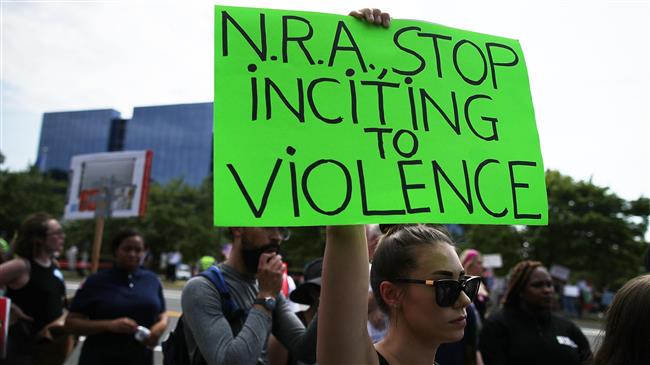

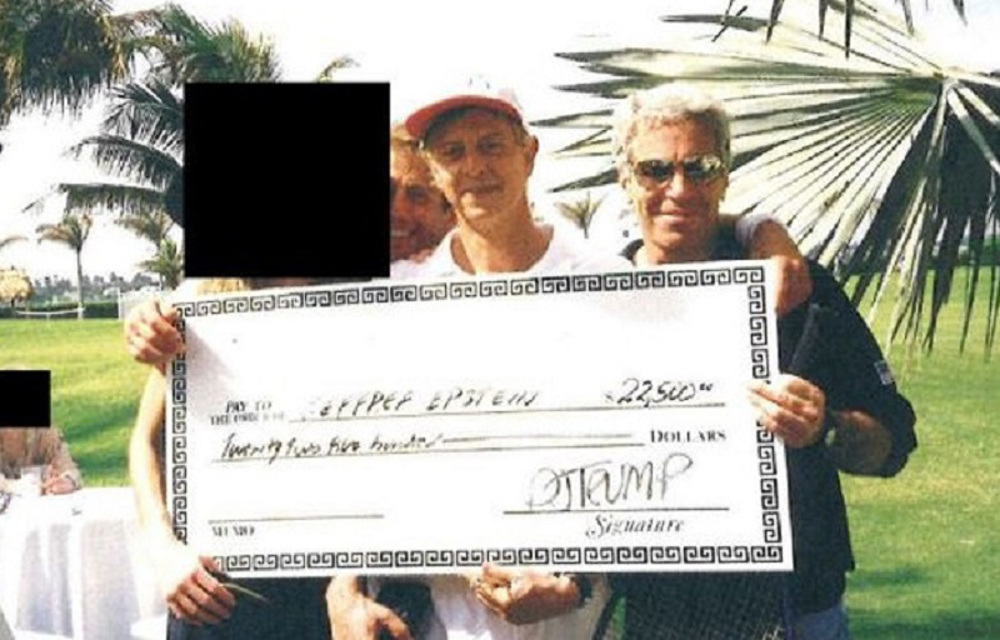
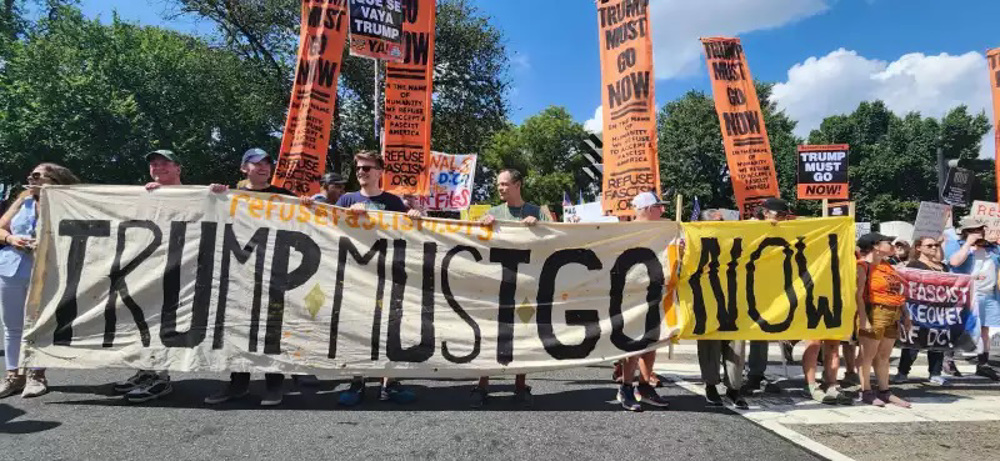




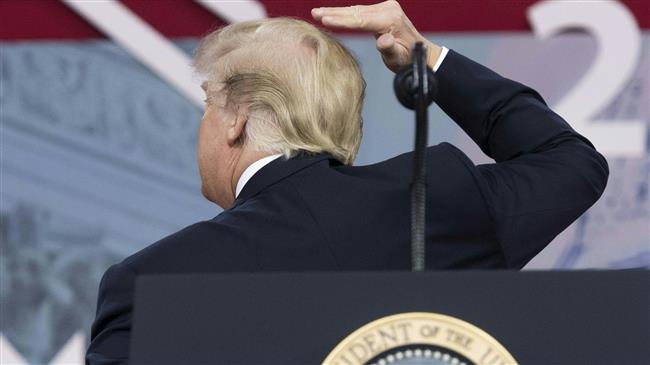
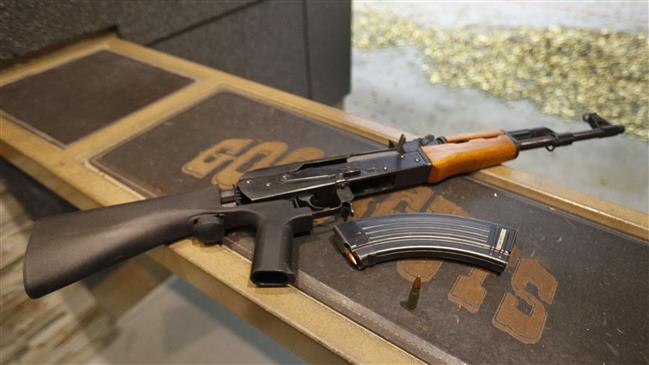
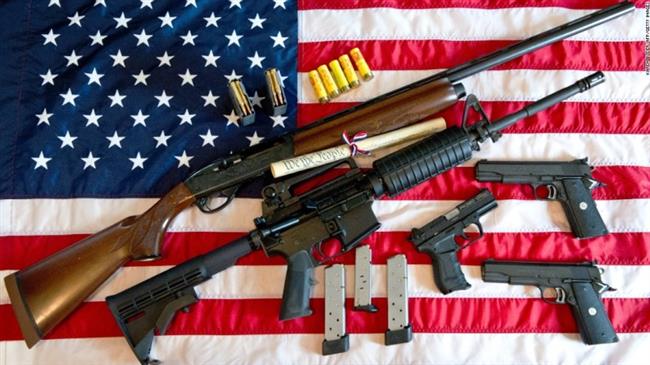
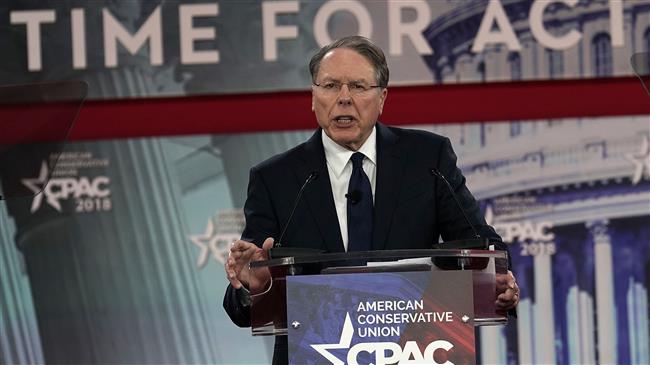
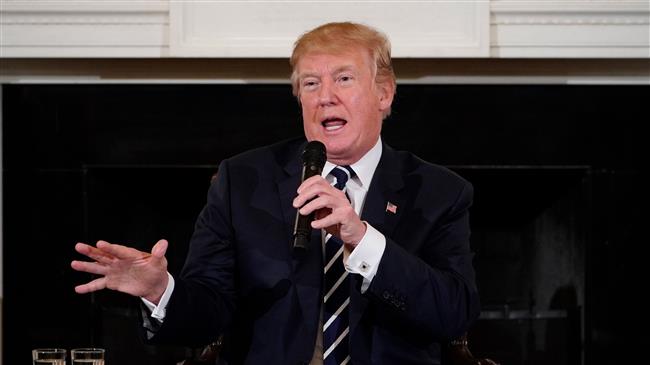
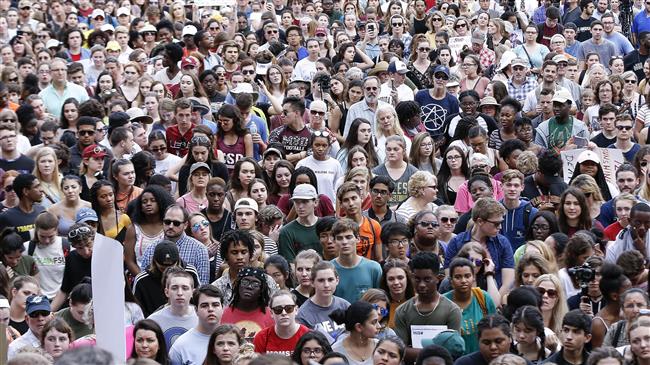

 This makes it easy to access the Press TV website
This makes it easy to access the Press TV website